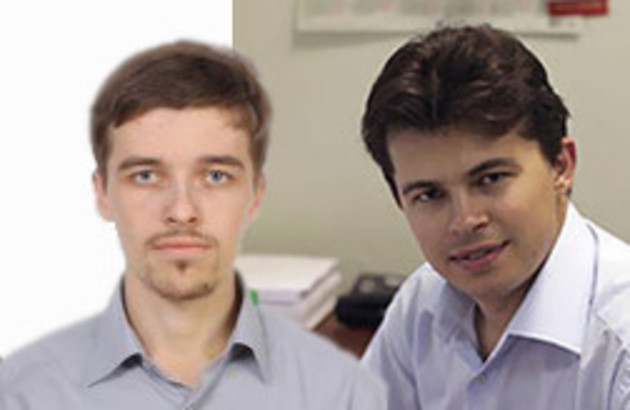By Vestnik Kavkaza
The energy sector remains a strategic sector not only in Russia, but also in the world economy. Summing up the year in the fuel and energy sector, the head of the Ministry of Energy Alexander Novak said he expects oil production growth of 1.2 % (to 523.2 million tons), and gas production growth of 1.5 % (to 66$4.8 billion cubic meters). The ministry expects, according to Novak, growth in oil refining in Russia in 2013 as a result of the ongoing modernization of the refinery of 3.1% ( from 270 million to 278.5 million tonnes). Speaking of gas exports, the minister mentioned an increase of 17 % of deliveries in a westerly direction, which was caused by the cold winter and unstable fuel trade on spot markets, and long-term contracts were more reliable and popular in Europe.
Summing up the year, the head of the Energy Department of the Institute of Energy and Finance Alexei Gromov highlighted the relationship between Russia and Europe related to the prospects of Russian gas supplies, the project "South Stream" and the relationship with Ukraine. "We are in a very difficult situation because the European market is changing. The rules regulating it come into force from January 1, 2014, and the European Commission should formally announce the establishment of a single European energy market, despite the fact that there are difficulties with the adoption of certain provisions in practical interpretation. The adoption of an energy package means that Russian companies, primarily "Gazprom", will have to take into account the rules of the Third Energy Package, which entered into force. This raises some difficulties in the first place about the future fate of the "South Stream", whether we can fully implement it on the terms on which the Russian gas holding wants to do this, and what is the outlook of the notorious OPAL pipeline[which continues "Nord Stream"]. For two years we have been fighting hard to get exemption status of the Third Energy Package for it. Because of this, we cannot use "Nord Stream" to full capacity”.
Gromov is also worried abut how the situation will develop in Ukraine: “All year, the rhetoric of the speeches by analysts and politicians was related to the fact that we need to move away from the transit of Russian gas through Ukraine. Last year the transit through Ukraine fell sharply, but at the end of the year - you know about the infamous granting to Ukraine, actually, stabilization funds amounting to $15 billion from the National Welfare Fund and, therefore, the possibility of lower gas prices under long-term contract by 1.5 times. This greatly changes the picture.We should see how this situation will develop in 2014, because the European direction in the coming years will continue to be the main focus of Russian exports - primarily Russian gas exports".
Head of the Directorate for Strategic Studies at the Energy Analytical Center under the Government of the Russian Federation Alexander Kurdin consider the acquisition of TNK by "Rosneft" to be the most important event of the year: "The creation of such a large company is a significant step in the development of the domestic oil industry. But its results should not be judged prematurely. Next year, when we have the first results of the work of the combined company, we can talk about the process of merger and adapting the companies to each other".
As for other important moments, Kudrin mentioned the liberalization of exports of liquefied natural gas, the decision on which was made as recently as in the end of the year: "I would not say that the decision was taken in a radical format. But the fact that, in principle, we have begun to move in this direction, that the companies, in particular , "NOVATEK" and "Rosneft", will be entitled to develop the export of liquefied natural gas alone, gives some incentives for the development of this promising industry in Russia. "
Speaking of tax decisions that have been taken in the past year, Kudrin said: "There was a series of decisions on benefits for oil, in particular, offshore oil and gas. The results will be visible only in the next year. But these steps can be quite important for the future production enhancement. Those decisions that have been taken a little earlier, in particular the introduction of export duties on oil and oil products, in recent years are beginning to show their effectiveness. We hope that new solutions will also positively demonstrate themselves". In addition, in the past year the state program of energy efficiency and energy development was approved, which should lay the foundations of the state policy in the energy sector; in addition, work began on the Energy Strategy of Russia and its extension to 2035.
As for trends in 2014, Kudrin spoke about world oil markets: "Now we see some easing of the situation around Iran. If Iranian oil begins to return to international markets, and everything is more or less stable both in Syria and in Libya , as well as in terms of production growth in the United States, we will face a significant increase in the world supply of oil, and this will create downward pressure on oil prices, at least in the first half of 2014".






